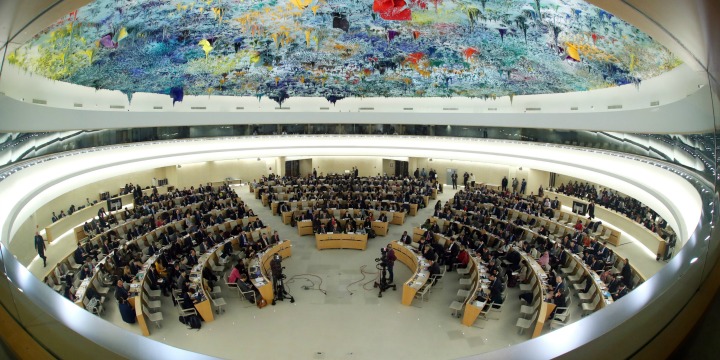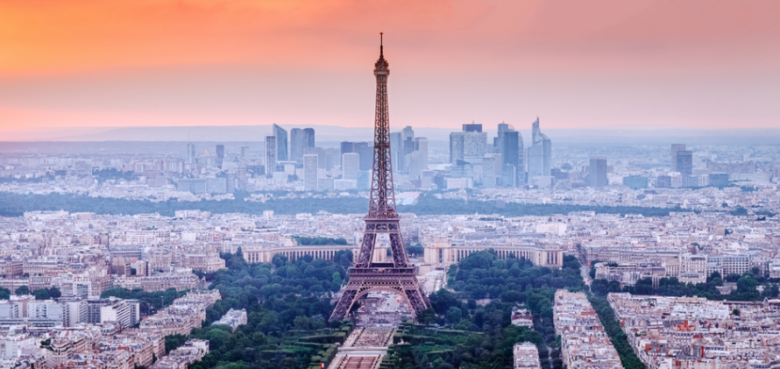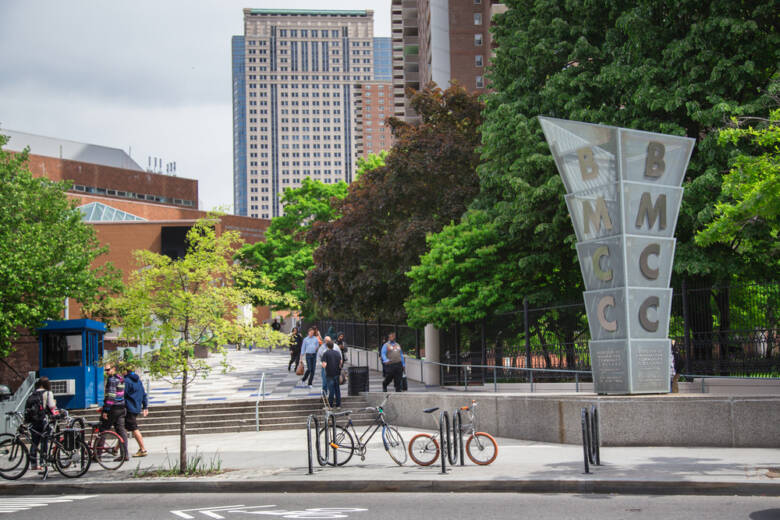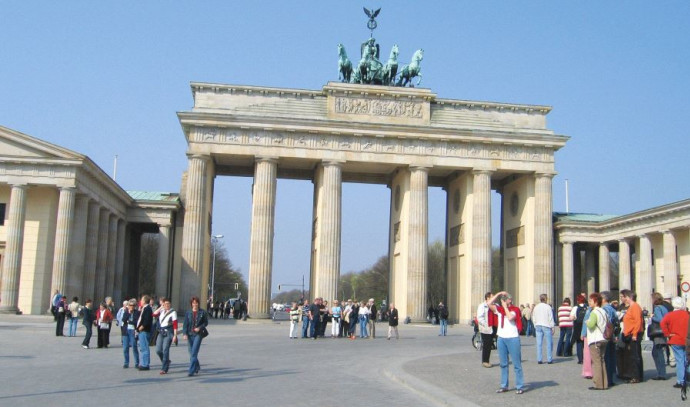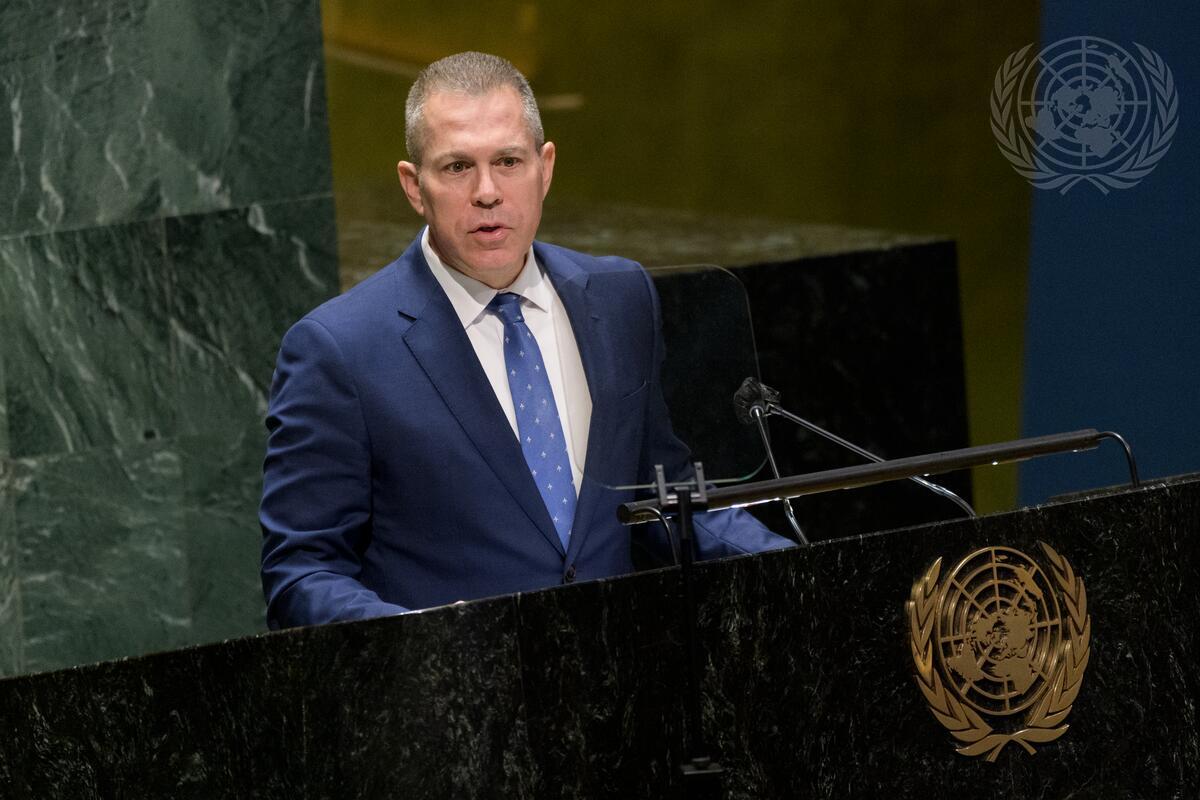It was while she was at school that Maaroufi started to encounter the steady drumbeat of Islamist antisemitism, along with its anti-Zionist echo, that built to a crescendo with the Al Qaeda terrorist attacks on New York and Washington, DC, at the turn of the millennium. At school, she remembered a history teacher who implored her classmates to “look at what the Jews are doing to your Palestinian brothers” during a lesson on the Israeli-Palestinian conflict.
“I didn’t feel a connection, and I didn’t understand why we should consider them as ‘brothers,'” Maaroufi said. She described the ordeal faced by her one Jewish classmate — a boy named David from a Moroccan Jewish family — who ended up leaving the school because of the intensity of the antisemitic harassment he faced. In later years, she continued, she often thought of David’s plight when hearing the words “dirty Jew” from the young Muslims she spent more than a decade liaising with as a social worker.
“The police would say, ‘it’s not antisemitic, it’s just an expression,'” she remembered. “It’s the banalization of antisemitism.”
“SO YOU’RE A DIRTY JEW, THEN?”
Determined to obtain a close-up view of how Islamist ideology was impacting Muslim neighborhoods in Brussels, Maaroufi retrained as a social worker and inserted herself into a group of women in the Belgian capital who were affiliated with the Muslim Brotherhood, a Sunni Islamist organization that claims the Palestinian terrorist group Hamas among its acolytes.
“There were many educated young women who started to change their behavior slowly,” she recalled. “They embraced a discourse targeting Jews, western culture and the LGBTQ community.” During the 1990s, the Islamist hold was bolstered by the arrival from Algeria of supporters of the banned Islamic Salvation Front (FIS) seeking political asylum. “They were training and influencing young people in Brussels,” Maaroufi said. “There were also people who went to Afghanistan and Pakistan with Al-Qaeda.”
One incident from 2004 sticks in her mind. The occasion was a lunchtime during the Muslim holy month of Ramadan, when the faithful fast between dawn and dusk. Maaroufi, at the time working at a community center in Brussels, was eating a sandwich at her desk when three boys aged between eight and ten walked in.
“They immediately asked me why I wasn’t observing Ramadan when I am a Moroccan,” Maaroufi said. “I told them that I was Belgian, not Moroccan, to which they replied, ‘but your name is Fadila Maaroufi!’ I answered, ‘and your names are Mohamed, Rédouane and Karim, and you are Belgian like me.'”
One of the boys asked her, “So you’re a dirty Jew, then?” Maaroufi asked if any of them had ever met a Jew — they hadn’t.
Pushed out of social work because of her stances, Maaroufi embarked on the next stage of her career, studying for a PhD in anthropology and launching an observatory to monitor religious extremism.
In tandem with her development as a professional activist, Maaroufi decided to take a public stand against antisemitism — a dangerous move for a Muslim woman living openly with no security. Predictably, her social media feed began to fill up with insults and threats of injury or death, while her mother, with whom she’d had scant contact, got back in touch to exhort her daughter against the path she had taken, texting her links to online videos that warned of the hell awaiting her.
“ANTISEMITISM IS A TABOO SUBJECT”
In May 2021, as Israel confronted Hamas in an 11-day conflict that sparked antisemitic demonstrations across Europe and around the world, Maaroufi attended a solidarity rally with Israel outside the Jewish state’s embassy in Brussels. “When I arrived, many people recognized me, and I was handed an Israeli flag,” she recalled. As far as the Islamists are concerned, she added, “when a Muslim touches an Israeli flag and doesn’t spit on it, that person may as well go straight to hell.”
Maaroufi’s appearance in public brandishing the enemy’s national symbol generated a firestorm of anger on social media. Her Facebook feed alone hosted more than 2,700 incendiary responses.
Two years on, Maaroufi feels no impulse to pull back on her activities. As well as her observatory, she runs a civic institution called Café Laïque — the French word for “secular” — where feminist activists and others can gather to debate and strategize over coffee. “Ever since I started publicly defending Jews and Israel, it’s been hard for me to get a job,” Maaroufi disclosed. “People are scared to hire me.”
Moreover, “antisemitism has become a taboo subject in Belgium, and Café Laïque is the only space where it is possible to talk about Muslim antisemitism,” she emphasized.
Maaroufi is now working on a book about her experiences, directed in large part at a political left that has, in her view, abdicated its historic commitment to secularism, “sweeping away what challenges their vision of the world, these models of all colors,” and which is willing to label as “racist” any criticism of extremist trends among Belgian Muslims, even when they come from individuals like her.
“To silence us, nothing is easier than to try to intimidate us by calling us ‘fascist,'” she observed. “Or to make us feel guilty by accusing us of ‘playing the game of the extreme right.’ It is always in the name of a noble cause that lies are justified, terror is perpetuated and life is sacrificed.”
(full article online)
When Fadila Maaroufi was 17, her parents took her from her home in Belgium to Morocco, where they told her she would enjoy a well-deserved "rest." But once she arrived, she quickly found herself locked up in the home of a distant cousin with whom her father had set up an arranged marriage. Her...

www.algemeiner.com


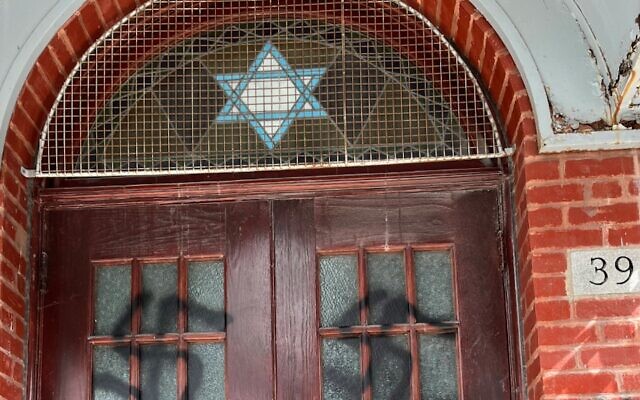
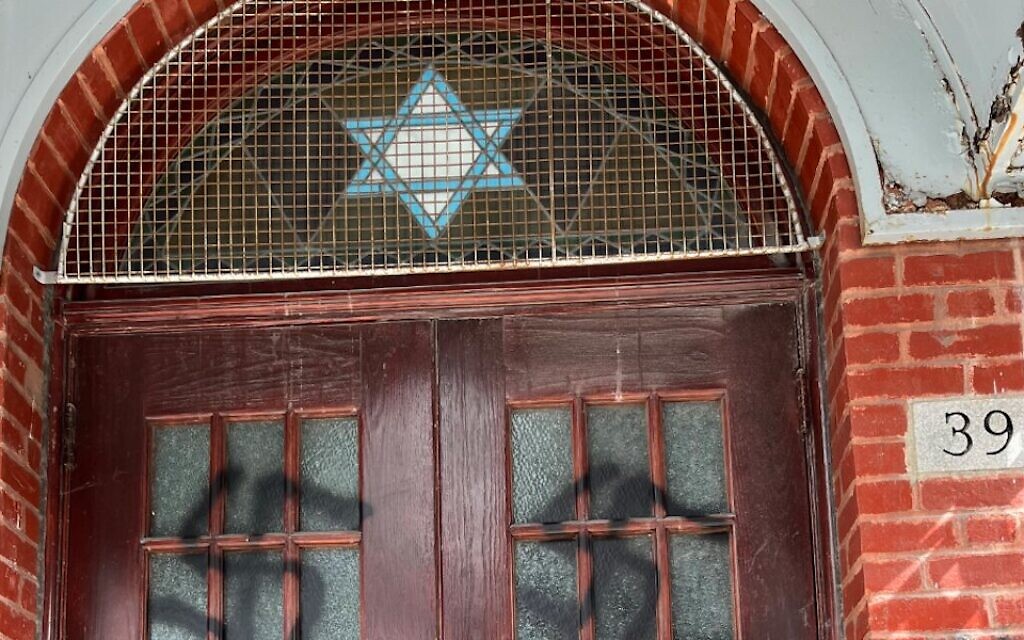
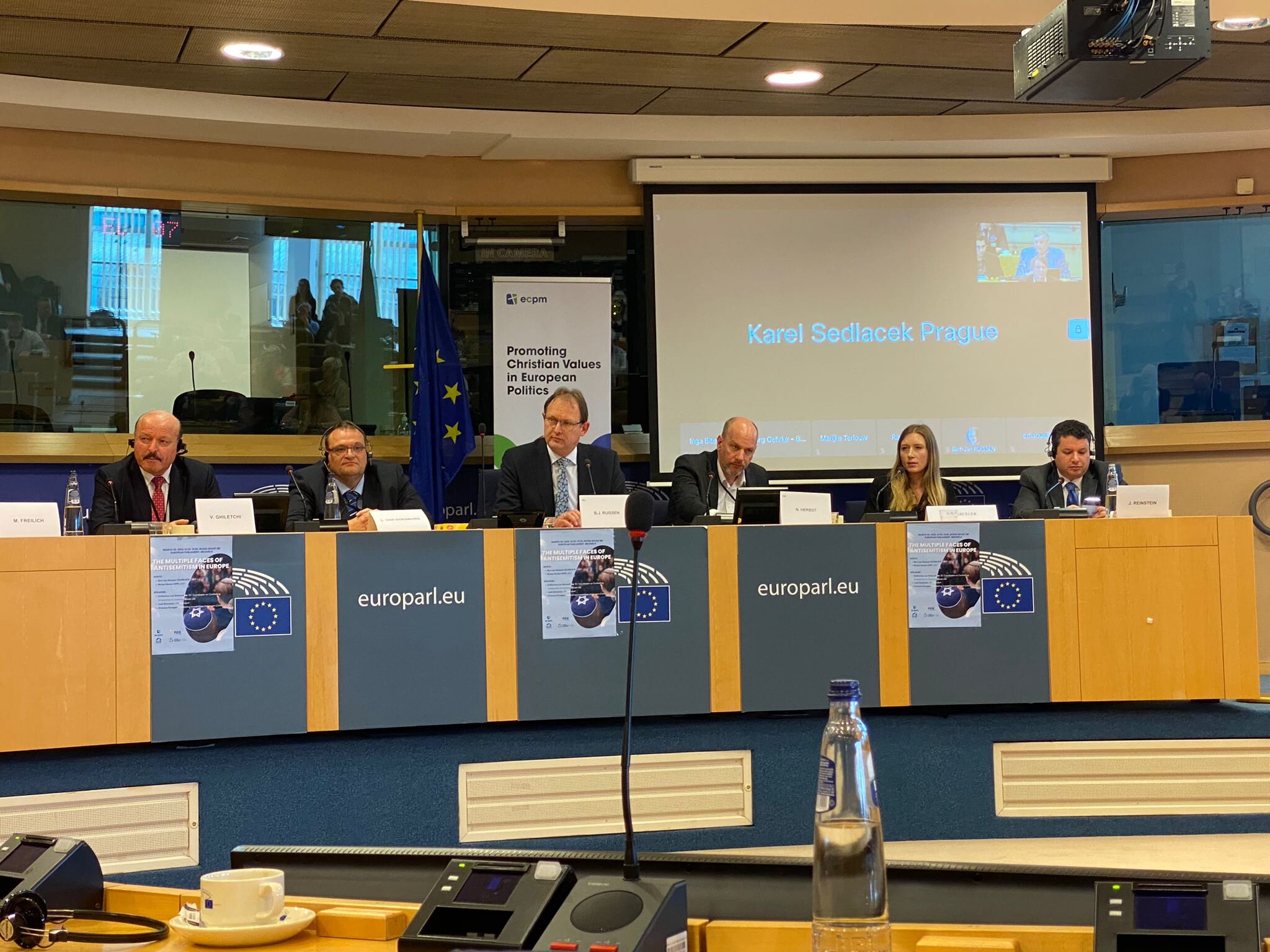
.jpg)
.jpg)



